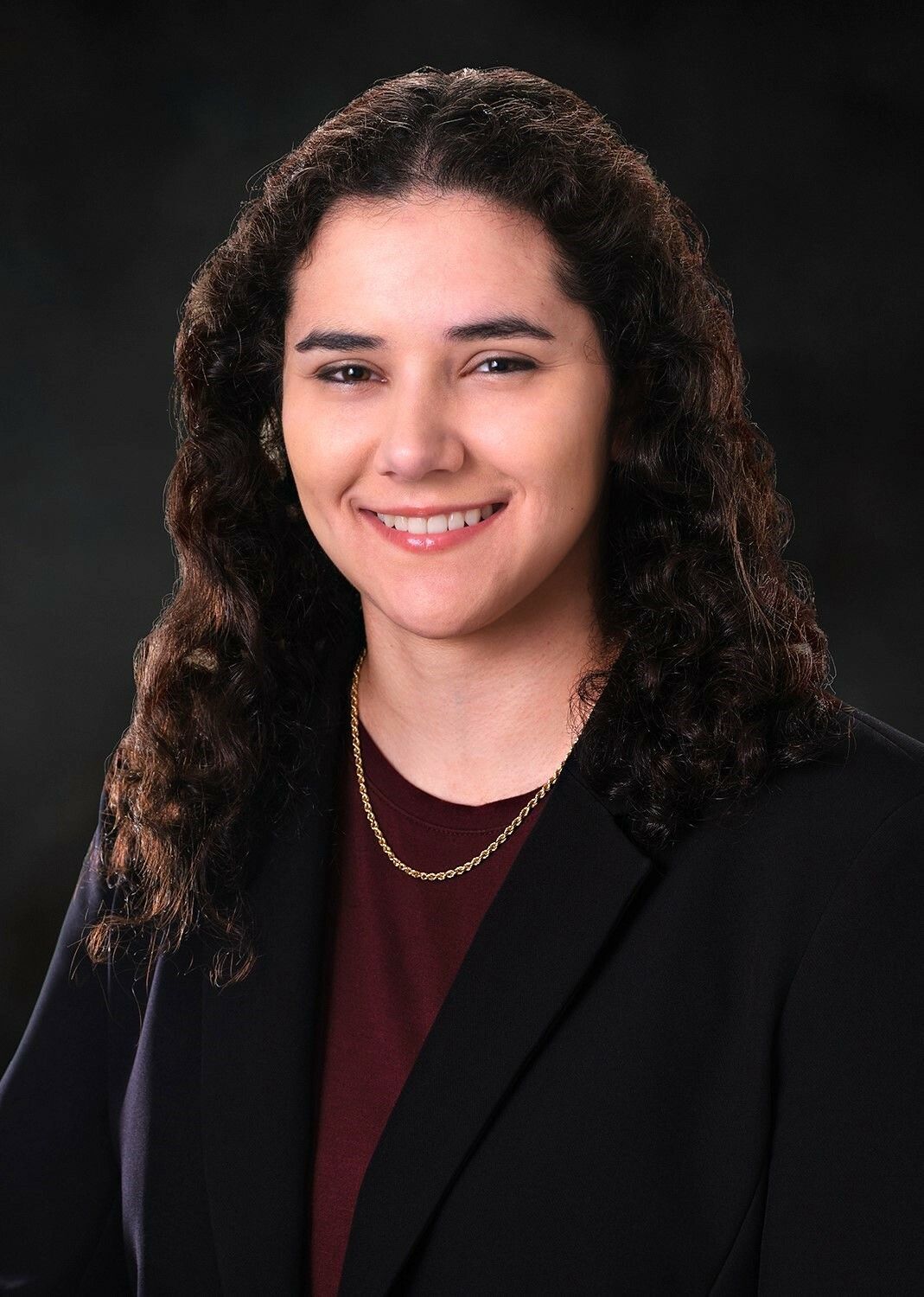Public records and the debate over obtaining access to public records took a potentially drastic turn on October 29, 2013 when the Tennessee Court of Appeals carved out a "deliberative process" exception to the Tennessee Open Records Act codified at T.C.A. § 10-7-101. InDavidson v. Bredesen, et al, No. M2012-02374-COA-R3-CV, 2013 WL 5872286 (Tenn. Ct. App. Oct. 29, 2013), the Court ruled that "high government officials" can keep documents secret if they deem them part of their deliberative decision making process. The Court upheld a lower court's ruling that then-Gov. Phil Bredesen's administration was justified in denying the release of records on the basis that they were part of the "deliberative process" about how to deal with demonstrators encamped in the state Capitol in 2005 to protest cuts to TennCare, the state's expanded Medicaid program. The Court found that the deliberative process privilege is a common law privilege and that there is a "valid need" that the advice high governmental officials receive should be protected from disclosure. The Court further identified high governmental officials as "those vested with the responsibility of developing and implementing law and public policy, many times requiring that differing and various interests and viewpoints be considered."
The unanimous opinion written by Judge Richard Dinkins endorsed the argument that "advice high governmental officials receive be protected from disclosure" because those officials need to be able to speak freely and confidentially with trusted advisers. The Court of Appeals' newly enunciated exception has caused public records advocates to question the decision, pointing to prior appellate rulings which hold that the Tennessee Open Record Act is intended to give the fullest possible access to public records and to promote government accountability. See, for example, Memphis Publ'g Co. v. Cherokee Children & Family Servs., Inc., 87 S.W.3d 67, 74-75 (Tenn. 2002) (stating that the Public Records Act was codified to serve "a crucial role in promoting accountability in government through public oversight of governmental activities," which oversight ensures greater transparency and bolsters public confidence.); The Tennessean v. City of Lebanon, M2002-02078-COA-R3-CV, 2004 WL 290705 (Tenn. Ct. App. Feb. 13, 2004)(emphasizing the need to ensure accountability of government officials by all interpreting the open records act to give the fullest possible public access to public records).
Additionally, proponents of greater access to public records argue that the attorney-client privilege (which renders such communication confidential) already blocks access to certain open records and the new deliberative process exception unnecessarily expands this privilege. Also, the question of who qualifies for a high government official is up for debate, both at the state level and a local level where citizens may be impacted more. As an unprecedented decision on a topic of significant public interest, it is a good candidate for Supreme Court review.
This blog is not intended to create an attorney/client relationship or provide legal advice. Please contact the author if you have any questions or comments regarding the subject matter.










